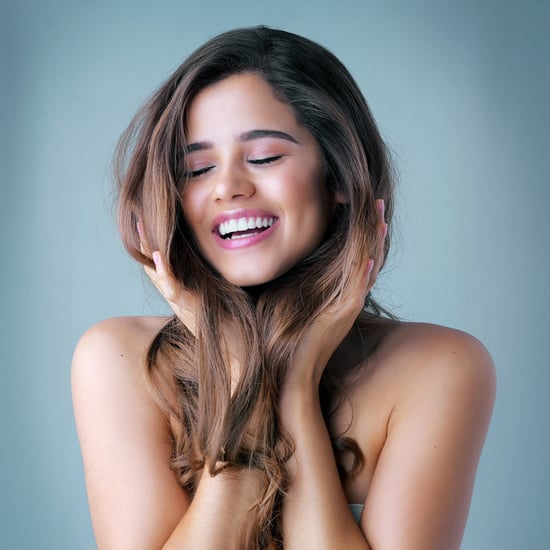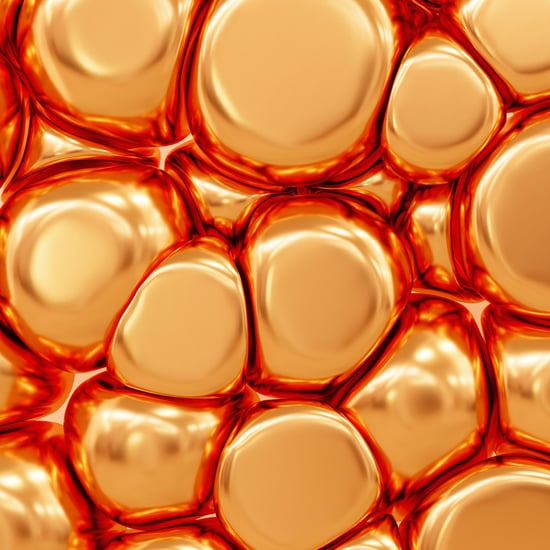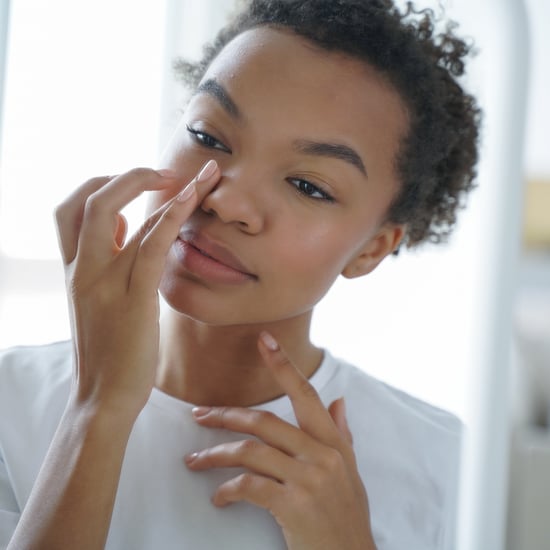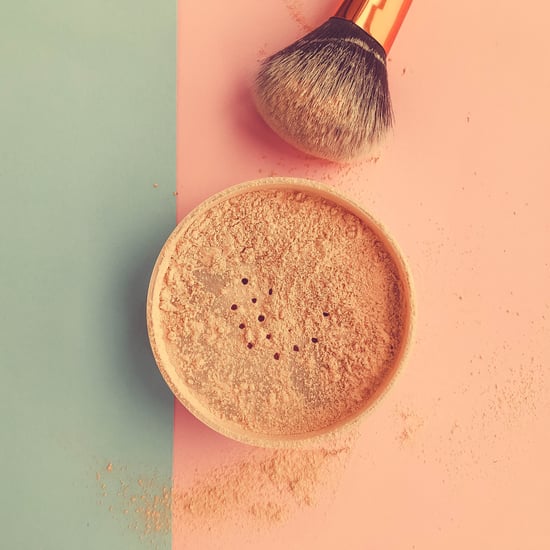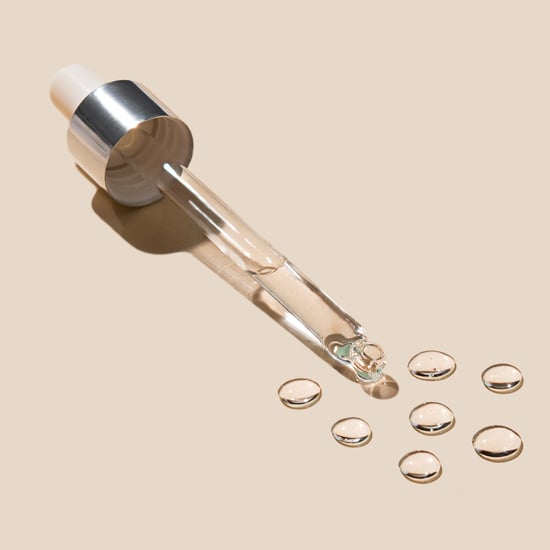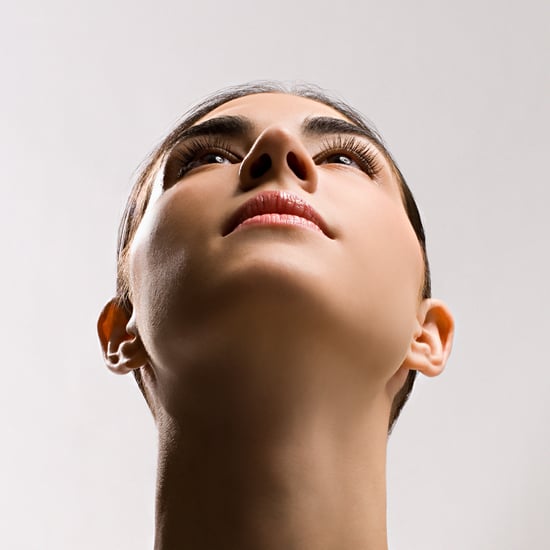Does Lavender Help Cure Acne? We Ask the Experts
Sorry to Break It to You, but Lavender Might Not Be the Magic Acne Cure After All
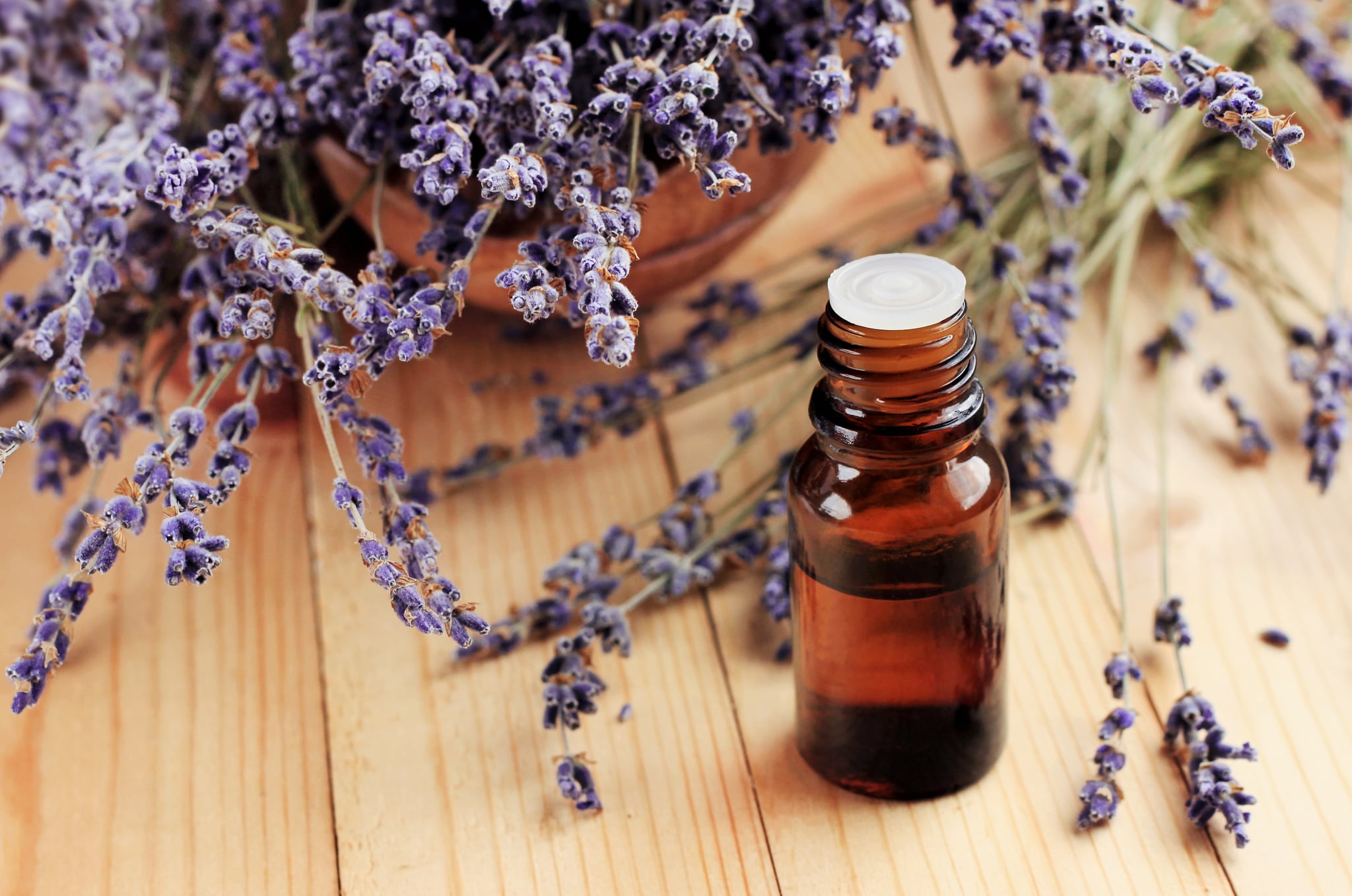
In the beauty industry, you'll find lavender pretty much everywhere. It's blended into bath salts to help alleviate our aching muscles, mixed into calming facial mists to soothe our skin, used as an aromatherapy oil to potentially keep stress at bay, and added to fragrances to help bring back memories of our grandmother's garden. Although the plant has been used for thousands of years, more recently, it's getting a lot of attention for its apparent abilities to help reduce breakouts. But lavender being the magical "cure" to a breakout-free complexion seems too good to be true, and sadly, that's because from what we know, it is. Whilst lavender in skin care does have its uses, it might not be the cure-all for acne or breakouts that some had hoped.
Is Lavender a Good Ingredient to Use For Acne?
Like with many topics and ingredient deep dives in the skin-care industry, the answer as to whether lavender is good for acne isn't so simple. "Some laboratory studies and animal models suggest that lavender oils may possess antibacterial and anti-inflammatory properties, potentially targeting some of the mechanisms that lead to acne," explained dermatologist Dr Zena Willsmore. "However, it has not been directly evaluated in the treatment of acne in patients, so clinical evidence is lacking", she added, noting that we can't simply take findings from a petri dish or a mouse model as fact when it comes to real patients with acne.
In fact, for some people, lavender can have the opposite effect to treating their acne and instead causing allergic reactions or breakouts — particularly if you have sensitive skin. "It's rare in the lavender water form, but the lavender essential oil by itself can cause some irritation for some people," cosmetic chemist Ginger King said.
Having said that, everyone's skin is different, and you might find that you have no adverse reaction to lavender at all, particularly if you don't have sensitive skin. "Lavender is used for skin balancing and toning and could help with acne because of its the astringent effect," said King. "It's like witch hazel with an added aromatherapy benefit," she added.
Why Is It So Widely Believed That Lavender Cures Acne?
But why is it so popular, we asked ourselves. Dr Willsmore made an excellent point that one of the reasons for lavender's popular resurgence is linked to a wider thought process among consumers. "Our instincts as humans lead us to trust naturally derived plant materials over those developed in a sterile lab environment, but this logic is flawed," said Dr Willsmore. "Whether a product is natural or synthetic, it tells us nothing about its safety or effectiveness."
As King briefly touched on, in recent years — and accelerated during the pandemic — many people have turned to sensory beauty as a way to destress and relax, particularly if someone has a particularly clinical feeling (or smelling) routine. "Lavender provides a calming scent for relaxation," King said. Dr Willsmore echoed this: "Many people enjoy the aroma of lavender, and that can be an important part of the sensory experience of skin care." This could be part of the reason people seem so keen to incorporate lavender into their routines. My two cents is that it also has something to do with the famous and ever-popular Mario Badescu Facial Spray With Aloe, Chamomile and Lavender.
What Other Ingredients and Products Can Someone Use to Help Reduce or Calm Breakouts
As with all skin-care products, if you're currently using a form of lavender in your routine and it's working well for you, then continue to use it. But if you're going out of your way to spend lots of money on lavender products in the hope that it'll be the one-stop-shop cure to your breakouts, you might want to look at alternative treatments. The good news is that there are plenty of other products out there that can help. It's always useful to get a GP or dermatologist diagnosis before diving into an extensive (and spenny) skin-care routine.
"The basics of a good skin-care routine for acne starts with cleansing gently twice a day and using a noncomedogenic moisturiser," said Dr Willsmore. Active ingredients that are effective at reducing acne and breakouts include: benzoyl peroxide in the form of Acnecide Face Wash Spot Treatment Benzoyl Peroxide 5% (available at higher concentrations on prescription); salicylic acid (Dr Willsmore recommends the CeraVe SA Smoothing Cleanser); azelaic acid (Dr Willsmore likes Paula's Choice Azelaic Acid Booster — available at higher concentrations on prescription); and niacinamide, though as this ingredient is found in lots of other skin-care products, Dr Willsmore said you don't necessarily need this as a separate step. Though there are plenty of options, she did warn that "throwing everything at it is likely to result in irritation, a compromised skin barrier, and worsening of acne."
"Beyond simple skin-care measures, there are a whole host of effective options available on prescription, which should be tailored to the individual," said Dr Willsmore. These include prescription retinoids, topical antibiotics, prescription azelaic acid, and oral medication.
"Sunscreen is an absolute must for all patients and is essential for preventing post-inflammatory hyperpigmentation for those with acne — I recommend the Heliocare 360 Gel-Oil Free formula for acne-prone skin," Dr Willsmore added.
When it comes to incorporating lavender into an acne-prone skin-care routine, the bottom line is: "it's important to not dismiss alternative therapies such as lavender in skin-care routines, and we should consider them as part of future studies," said Dr Willsmore. "However, at the moment, there isn't enough evidence to recommend lavender as a treatment for acne."
